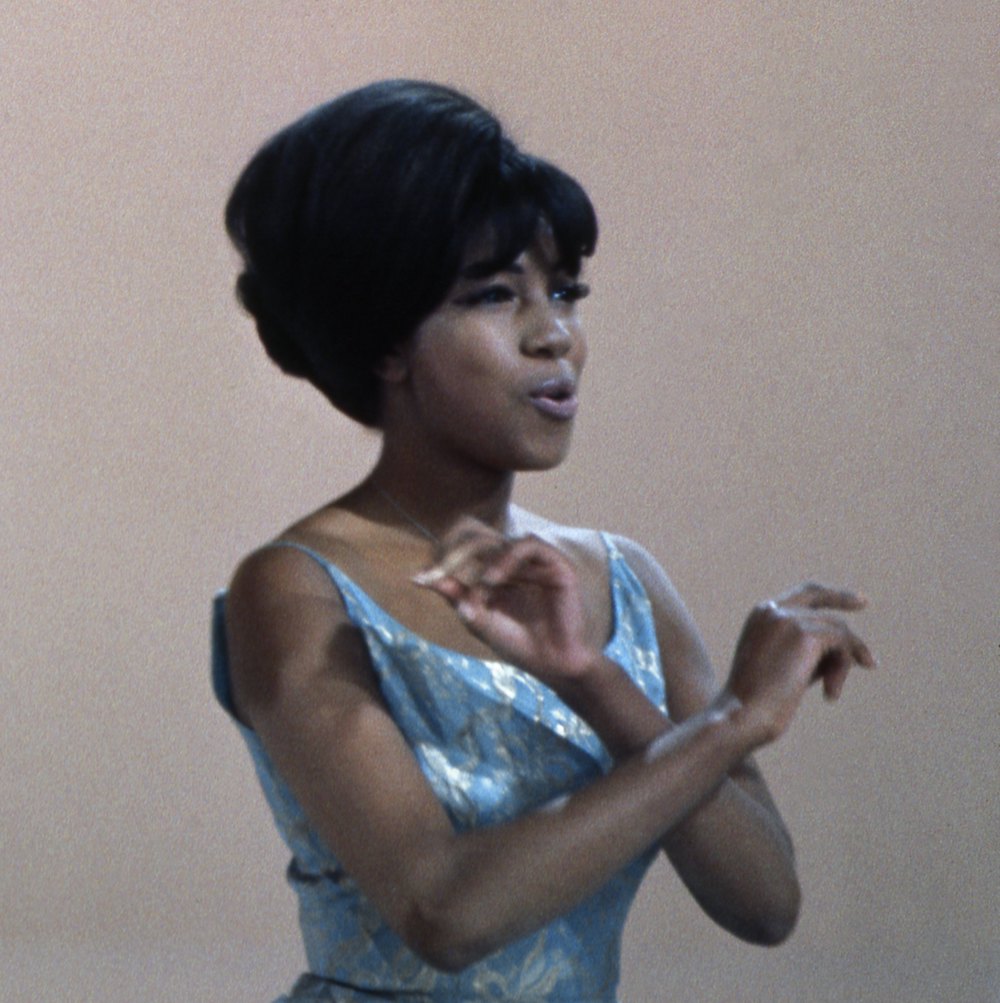The Supremes’ Mary Wilson Dead At 76

Donaldson Collection/Michael Ochs Archives/Getty Images
Mary Wilson, the co-founder and longest-tenured member of the Supremes, has died. The New York Times reports that Wilson died at home yesterday at home in Henderson, Nevada. No cause of death has been reported. Wilson was 76.
Mary Wilson was born in Greenville, Mississippi. As a child, she lived in St. Louis, Chicago, and finally Detroit, where her family settled in the Brewster-Douglass Housing Projects. In 1959, when Wilson was still in high school, she auditioned for the Primettes. A local male singing group called the Primes, some of whom would later become Temptations, was starting an all-female sister group, and that’s what the Primettes were. In the Primettes, Wilson joined three other residents of that same housing project: Diana Ross, Betty McGlown, and Wilson’s childhood friend Florence Ballard.
In 1961, after a couple of rejections, Berry Gordy agreed to sign the Supremes to the fledgling Motown label. The Primettes changed their name to the Supremes, and Betty McGlown left to get married. After performing for a while with replacement member Barbara Martin, the Supremes continued on as a trio. Gordy decided that Ross should be the group’s lead singer, which caused friction in the Supremes for years, and the group released a string of unsuccessful singles. Finally, Gordy paired the Supremes up with the songwriting and production trio of Brian Holland, Lamont Dozier, and Eddie Holland, and the hits started coming.
The Supremes first hit #1 with their single “Where Did Our Love Go” in 1964, and the group followed that song with a long string of monster hits. Over the course of the ’60s, the Supremes racked up 12 #1 hits, more than any artist other than the Beatles. The trio became Motown’s flagship act. They perfected a rich, glossy version of R&B driven by fast tempos, ornate orchestrations, and lovelorn lyrics. They also developed an elegant, regal image, graduating from teen sock-hops to adult nightclubs like the Copacabana. Even after the Holland-Dozier-Holland team left Motown, the Supremes kept making hits. In 1967, Berry Gordy fired Florence Ballard from the Supremes, replacing her with Cindy Birdsong, and changed the Supremes’ name to Diana Ross And The Supremes. (Ballard died of a coronary thrombosis in 1976, at the age of 32.)
In 1969, Ross announced that she was leaving the Supremes and going solo, and the group scored one final #1 hit with “Someday We’ll Be Together.” In the Supremes, Jean Terrell replaced Diana Ross, and the group continued into the ’70s. The lineup of the Supremes kept shifting, but Wilson remained, the sole constant. The group’s 1970 single “Stoned Love” was a #1 on the R&B chart and a top-10 pop hit, but the Supremes were never as successful without Diana Ross. Finally, Wilson left the group in 1977 and got into a legal battle with Motown. Finally, Wilson signed to Motown as a solo artist and released a largely unsuccessful self-titled disco album in 1979. Motown dropped her from its roster in 1980.
In 1986, Wilson published the best-selling memoir Dreamgirl: My Life As A Supreme. Another memoir, Supreme Faith: Someday We’ll Be Together, followed in 1990. Wilson became a casino performer in Las Vegas and a frequent talk-show guest. She also lobbied politically for the Truth In Music Act, a law that would prevent groups with no original members to tour under the group’s name. (She’d lost a couple of court cases to former Supremes backup singers who were touring as the Supremes.)
Wilson publicly turned down an offer for a Supremes reunion tour in 2000, demanding to be paid the same as Diana Ross. She published two more memoirs last year, and she competed on Dancing With The Stars in 2019.
This morning, Diana Ross tweeted, “I just woke up to this news , my condolences to you Mary’s family ,I am reminded that each day is a gift ,I have so many wonderful memories of our time together “The Supremes ” will live on ,in our hearts.” In a statement to The New York Times, Berry Gordy said, “I was always proud of Mary. She was quite a star in her own right, and over the years continued to work hard to boost the legacy of the Supremes.”
Below, check out some of Wilson’s work with the Supremes.






